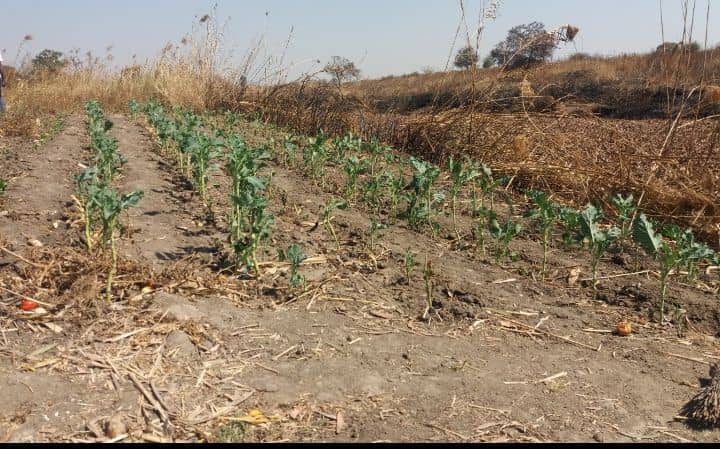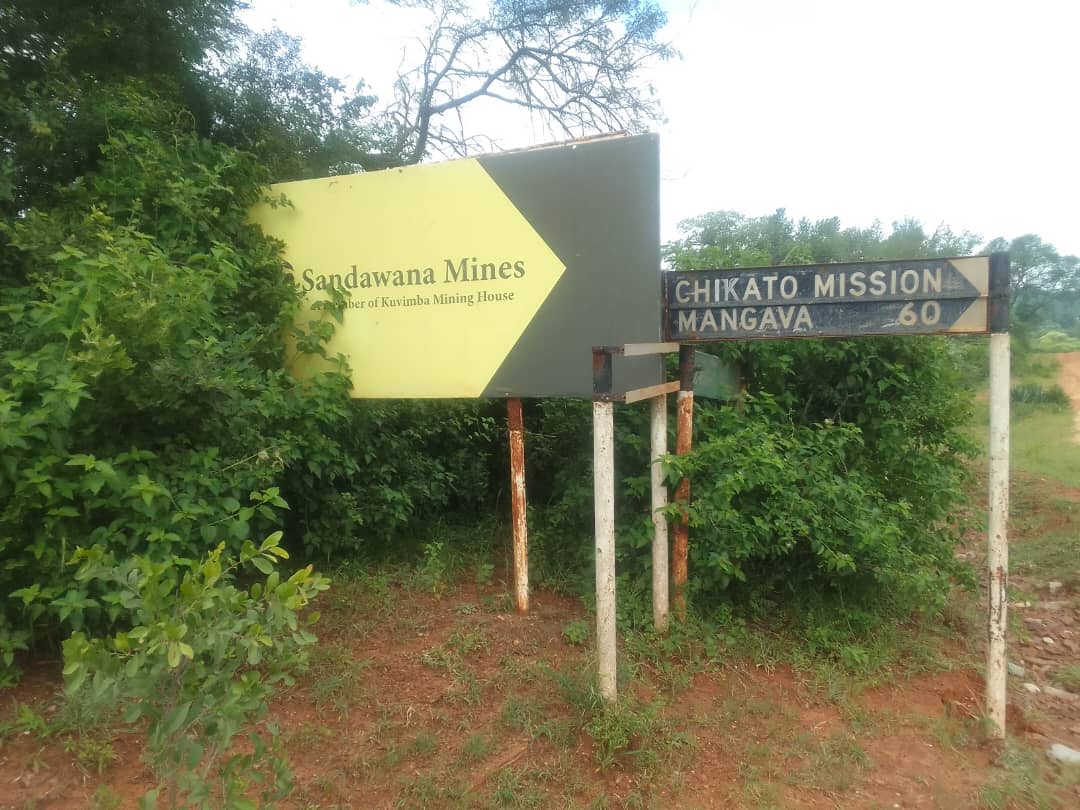Martha Leboho
A visit along the Mucheke River recently has proved the enormous challenges posed by rampant stream bank cultivation at a time when the greatest environmental challenges seem to be posed by illegal mining and climate change.
When the Coronavirus was first detected in Zimbabwe, Gogo Mutema (not her real name) did not imagine that the pandemic would plunge her family into deeper financial distress.
The subsequent lockdown, implemented to curb the spread of the virus, seveelyy affected the family’s finances as her sons in the Diaspora got retrenched while other were suspended from work.
With the situation now unbearable, Gogo Mutema started stream bank cultivation along Mucheke River in Masvingo.
“When I arrived at this place, it was very dense and bushy but with the help from my five grandchildren, we had cleared all vegetation by the end of the week. We were so lucky that the river had a plenty of water so we started a vegetable garden.
“A few months later, our livelihoods changed as we joined other farmers selling bulky vegetables at Chitima market early in the morning. By each sunset, we had made US$30,” she said.
She said although council warned them against farming along the banks of the river, they never stopped as they did not have an alternative way to make a living.
“The real challenge were the police that harassed and arrested us for doing business in defiance of the Covid-19 lockdown and the movement restrictions that came with it,” she said.
Gogo Mutema’s story is one of many stories of women who bore the brunt of Covid-19 lockdowns and the livelihood challenges that came with them.
Speaking during an inception workshop of the Global Environment Facility 7 (GEF 7) programme held at Great Zimbabwe Hotel recently Environmental Management Agency (EMA) Masvingo Provincial Manager Milton Muusha said apart from illegal mining other issues of concern within the Province were streambank cultivation, invasive alien species, gully erosion and veld fires.
“Effects of climate change are already manifesting with stream bank cultivation rampant in Masvingo and Midlands provinces. About 131.6km of land is under stream bank cultivation in Masvingo whilst 830.59 km of land along rivers is under stream bank cultivation in the Midlands province.
“Some 716 ha of land is said to be covered under wetlands with 308.5 ha severely degraded and about 38 ha still pristine. In the Midlands, 9 569 ha is said to be covered by wetlands of which 45 percent is reported to be severely degraded.
“Invasive alien species are also amongst the major drivers of land degradation with 2 473 ha of land affected in Masvingo while 1 619 ha are affected in the Midlands province,” he said.
The illegal practicing of stream bank cultivation by residents has become so detrimental that farming activities are done five meters or less close to the Mucheke River.
Masvingo City Council Mayor Collen Maboke said they are working with EMA in monitoring those who are practicing stream bank cultivation and offenders of council policy by-laws are going to face a huge fine.
“It is against council policy by-laws to do farming along stream bank. We are working with EMA to educate residents regarding this illegal farming practice. Whoever is caught violating our by-laws will face a huge fine.
“We have also set a team which of our staff from the health department, municipal officers and EMA who are responsible for patrolling and monitoring offenders of stream bank cultivation” said Maboke.
EMA has conducted meetings with Masvingo City Council and key stakeholders such as Mutirikwi Sub-Catchment Council, Forestry Commission and ZRP before the onset of rain season in a bid to map a way forward on awareness campaigns and law enforcement against stream bank cultivation along Mucheke River.
The practice of stream bank cultivation has immediate and long-term consequences which may result in soil erosion which in turn causes siltation in water bodies. Farm chemicals such as fertilizers, pesticides and herbicides can be washed away into the river which in turn may cause water pollution.
Flora and Fauna Zimbabwe (FaFloZim) Director Fidelis Nyamukondiwa said it was residents’ responsibility to fight the practice which he said was detrimental to biodiversity.
Masvingo United Residents and Ratepayers Association, spokesperson Godfrey Mutimba urged residents to desist from stream bank cultivation and to follow the right procedures if their want to farm in the city council’s commonage.
The Ministry of Environment, Climate, Tourism and Hospitality Industry together with Global Environment Facility (GIF) and Food and Agricultural Organisation (FAO) recently launched the Global Sustainable Forest Management Impact Program on Dryland Sustainable Landscapes as a priority strategy to reverse, reduce and avoid accelerated land degradation.








